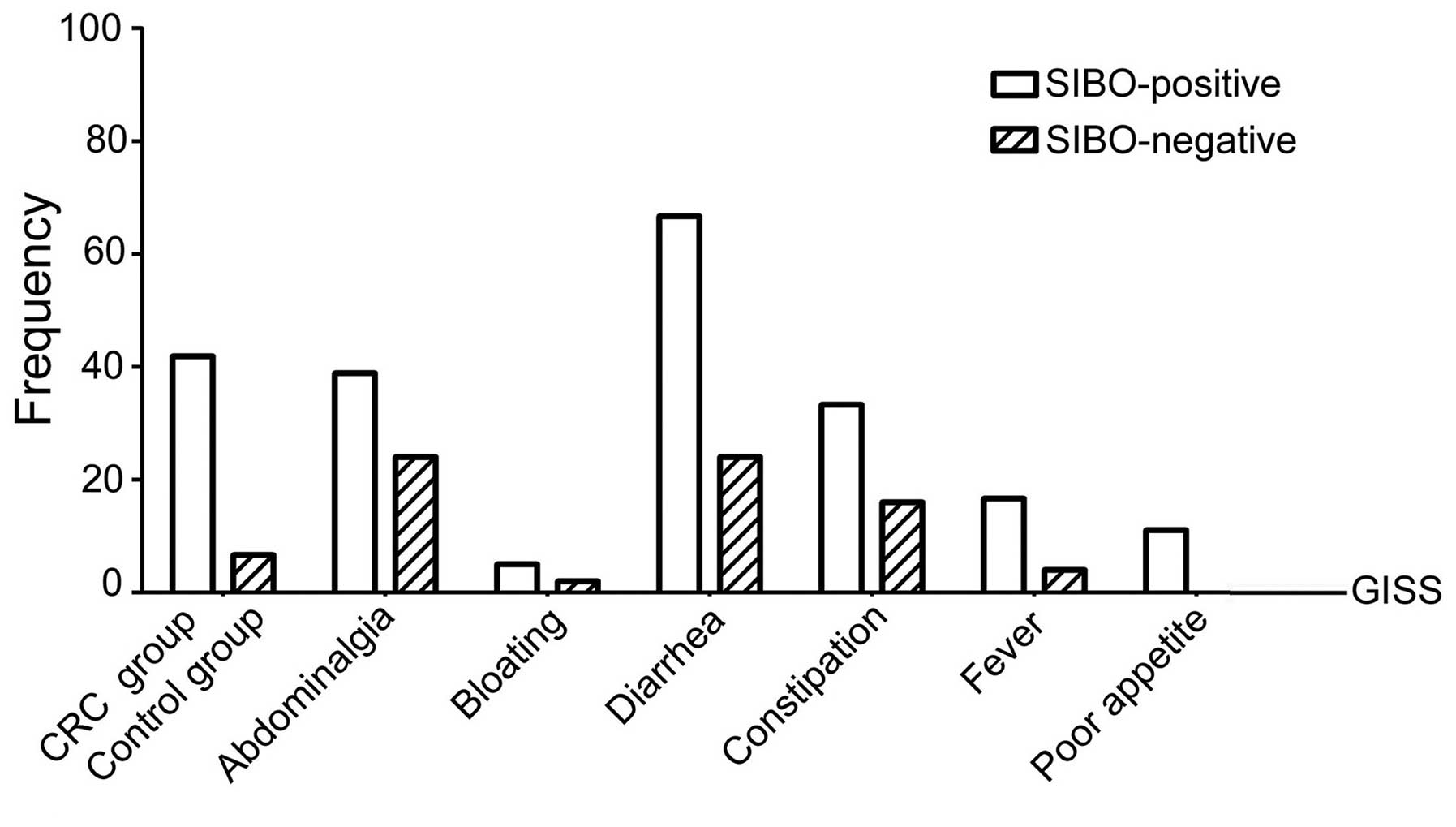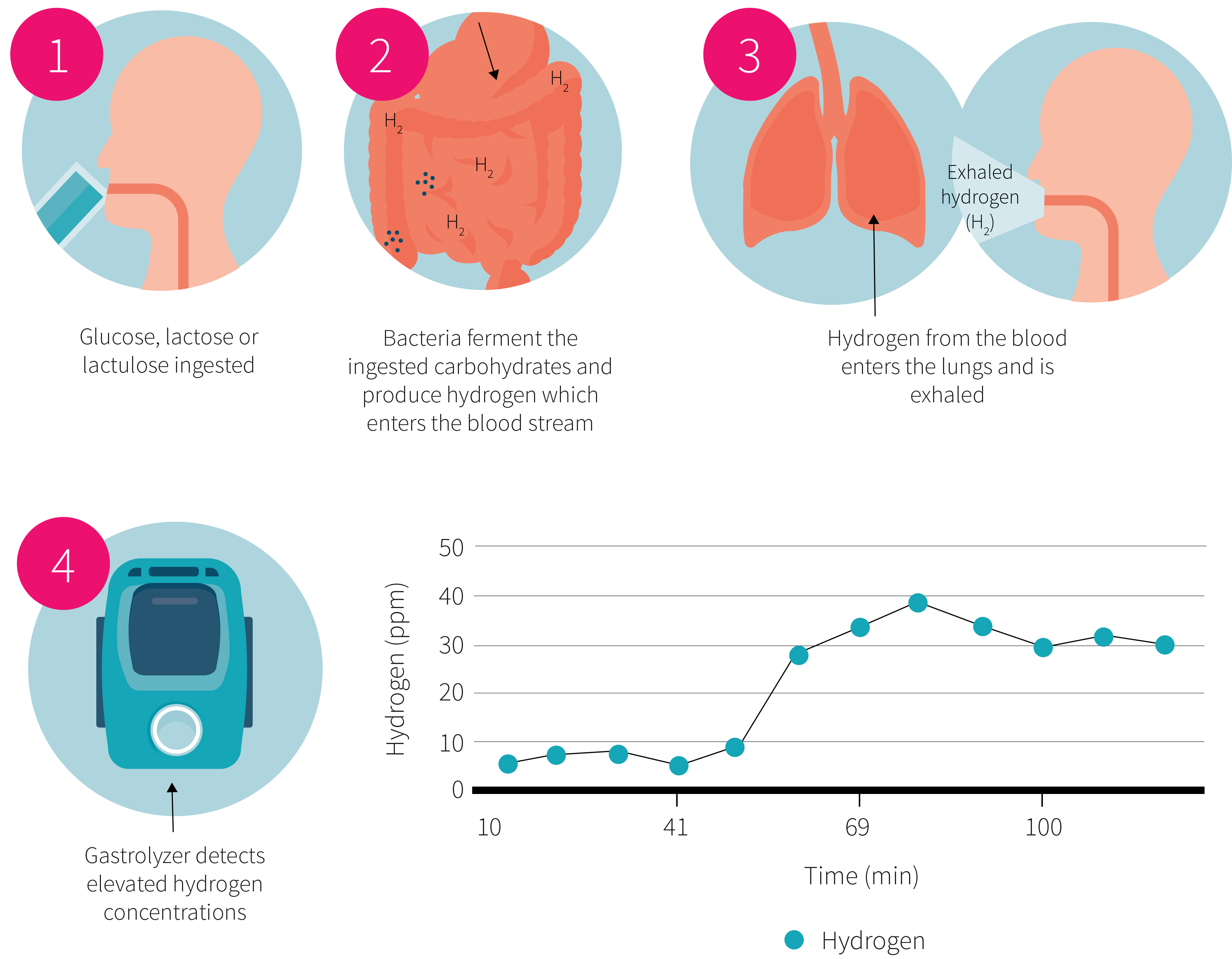
While initial results were positive with regard to durable and reliable symptom relief, confirmatory work remains to be done. SIBO is typically treated with a course of antibiotics as first line therapy along with addressing the underlying defect or disease. Probiotics are now being explored in the treatment of SIBO, especially lactobacillus supplementation. However, all symptoms do not respond uniformly. Ciprofloxacin and metronidazole seem to be most effective, especially in SIBO associated with Crohn’s disease. 28 Patients with SIBO may be clinically asymptomatic or they may have symptoms, such as malabsorption and diarrhea.

2628 The real prevalence of SIBO is unknown. Among the first were tetracyclines, followed by amoxicillin-clavulanate combination, ciprofloxacin, doxycycline, rifaximin that is a derivative of rifamycin, and metronidazole. Small intestinal bacterial overgrowth (SIBO) is a condition caused by an abnormal number of bacteria in the small intestine. The antibiotics most commonly used for treating SIBO are mostly chosen on the basis of experience, rather than culture and sensitivity studies, which would not be cost-effective. In one study, a course of antibiotics could be expected to relieve symptoms for 22 days on average so it would be impractical to consider antibiotic therapy alone in this condition, as it would require a minimum of 12 courses per year. The potential complications of antibiotic treatment, such as drug resistance and adverse effects.The frequent need for multiple course of antibiotics to control the overgrowth A role for gut bacteria as one of the factors in constipation is further suggested by the observation in 8 patients with chronic idiopathic constipation that.The placebo effect that is large enough to be statistically significant.While the effect is often sufficiently striking to cause some researchers to advocate empirical antibiotics when the diagnosis is suspected, this may hinder the study of the disease due to: The linchpin of SIBO treatment is of course antibiotic therapy, to reduce or even eradicate the excessive bacteria and thus reduce the pathological changes they cause in the small intestine.

The low-FODMAP diet, specific carbohydrate diet, and the Gut and Psychology diet, are some diets that are recommended in this condition. Lactase deficiency may be associated with SIBO due to mucosal brush border inflammation and therefore lactose-containing foods are often prohibited until the condition resolves. Most patients with SIBO will need supplementation with vitamin B12, the fat-soluble vitamins, calcium and magnesium.

Some patients with SIBO have associated weight loss or deficiencies of various vitamins or minerals. These require surgical, medical and dietary management, such as a diabetic diet, fistula closure, bowel reconstruction, diabetic medication, and antibiotic therapy. Many medical and surgical conditions may promote or cause SIBO, such as chronic diabetes, fistula formation following radiation to the intestinal area, Crohn’s syndrome, diverticulosis of the small bowel, connective tissue disorders associated with dysmotility, hepatic cirrhosis, end-stage renal disease and surgically-created anastomoses or blind loops.

The treatment of SIBO has three components: In the near future, metagenomics and metabolomics will help to overcome the uncertainties of SIBO diagnosis and the pitfalls of therapeutic management, allowing the design of a personalized strategy based on the direct insight into the small intestinal microbial community.Image Credit: Poylock19 / Shutterstock Three Components of SIBO Treatment The therapeutic approach to SIBO is oriented towards resolving predisposing conditions, and is supported by antibiotic treatment to restore the normal small intestinal microflora and by modifications of dietary habits for symptomatic relief. Diagnosis of SIBO is challenging due to the low specificity of symptoms, the frequent association with other diseases of the gastrointestinal tract and the absence of optimal objective diagnostic tests. Gastric acid secretion and intestinal clearance provide the qualitative and quantitative partitioning of intestinal bacteria small intestinal bacteria overgrowth (SIBO) occurs when these barrier mechanisms fail. A huge number of bacteria are hosted in the gastrointestinal tract, following a gradient increasing towards the colon.


 0 kommentar(er)
0 kommentar(er)
